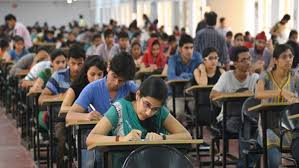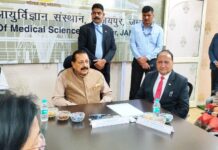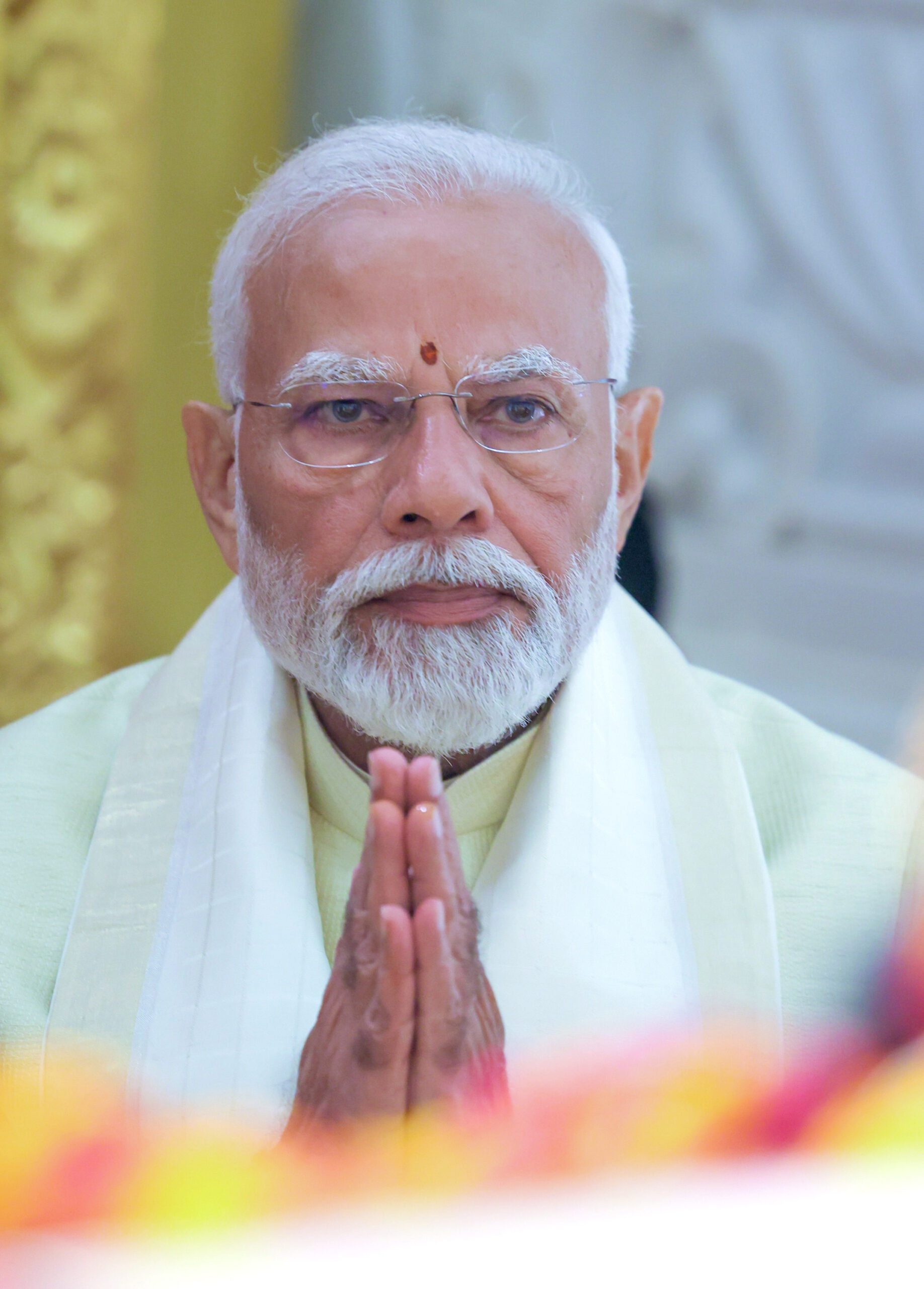 The NEET 2017 syllabus is prescribed by the Medical Council of India. The syllabus is based on Class 11th & Class 12th chapters & topics.
The NEET 2017 syllabus is prescribed by the Medical Council of India. The syllabus is based on Class 11th & Class 12th chapters & topics.
Physics
| Class 11th | Physical world and measurement, Laws of Motion, Kinematics, Work, Energy and Power, Motion of System of Particles and Rigid Body, Gravitation, Properties of Bulk Matter, Thermodynamics, Behaviour of Perfect Gas and Kinetic Theory, Oscillations and Waves. |
| Class 12th | Electrostatics, Current Electricity, Magnetic Effects of Current and Magnetism, Electromagnetic Induction and Alternating Currents, Electromagnetic Waves, Optics, Dual Nature of Matter and Radiation, Atoms and Nuclei, Electronic Devices. |
Chemistry
| Class 11th | Some Basic Concepts of Chemistry, Structure of Atom, Classification of Elements and Periodicity in Properties, Chemical Bonding and Molecular Structure, States of Matter: Gases and Liquids, Thermodynamics, Equilibrium, Redox Reactions, Hydrogen, s-Block Element (Alkali and Alkaline earth metals), Some p-Block Elements, Organic Chemistry-Some Basic Principles and Techniques, Hydrocarbons, Environmental Chemistry. |
| Class 12th | Solid State, Solutions, Electrochemistry, Chemical Kinetics, Surface Chemistry, General Principles and Processes of Isolation of Elements, p-Block Elements, d and f Block Elements, Coordination Compounds, Haloalkanes and Haloarenes, Alcohols, Phenols and Ethers, Aldehydes, Ketones and Carboxylic Acids, Organic Compounds Containing Nitrogen, Biomolecules, Polymers, Chemistry in Everyday Life. |
Biology
| Class 11th | Diversity in Living World, Structural Organisation in Animals and Plants, Cell Structure and Function, Plant Physiology, Human physiology |
| Class 12th | Reproduction, Genetics and Evolution, Biology and Human Welfare, Biotechnology and Its Applications, Ecology and Environment. |
Point to remember
Students while filling the form would be asked to provide their preference. They can opt for both the All India Quota Seats as well as the State Level seats. The selection, however, would be based on the Merit Lists created by CBSE. CBSE would release two Merit Lists – one for the All India Rank and another for the State Level Ranks. Students would be accordingly called for counseling. Hence, students should be very clear while filling the forms for NEET 2017. Understanding how the seats would be allotted can help you decide which colleges to opt for.
Understanding the All India Quota Seats
- It is important for students/ aspirants to understand the All India Seat Quotas. Understanding the quota would help when they fill the NEET 2017 Application Form.
- There are three different kinds of seats available in all Medical Colleges across the country. In the Government Medical Colleges of the country, there is a 15 percent All India Quota.
- Students from any part of the country can apply for the 15 percent seats. For instance, say one government medical college in State A has a total of 100 seats. Out of these 100,
- 15 seats would be reserved for All India Quota. These seats are then further divided into reserved and general category.
Seat reservation for NEET:
| Category | Percentage of seats reserved |
| General | 47.5% |
| OBC-NC | 27% |
| SC | 15% |
| ST | 7.5% |
| Physically handicapped | 3% |








